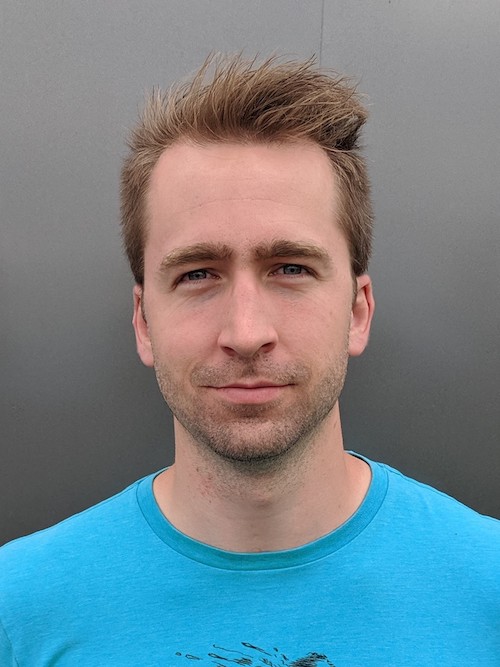Dissertation Defense
Streaming Architectures for Medical Image Reconstruction
This event is free and open to the publicAdd to Google Calendar

Virtual (passcode: 1337)
ABSTRACT: Non-invasive imaging modalities have recently seen increased use in clinical diagnostic procedures. Unfortunately, emerging computational imaging techniques, such as those found in 3D ultrasound and iterative magnetic resonance imaging (MRI), are severely limited by the high computational requirements and poor algorithmic efficiency in current parallel hardware—often leading to significant delays before a doctor or technician can review the image, which can negatively impact patients in need of fast, highly accurate diagnosis. To make matters worse, the high raw data bandwidth found in 3D ultrasound requires on-chip volume reconstruction with a tight power dissipation budget—dissipation of more than 5~W may burn the skin of the patient. The tight power constraints and high volume rates required by emerging applications require orders of magnitude improvement over state-of-the-art systems in terms of both reconstruction time and energy efficiency. The goal of the research outlined in this dissertation is to reduce the time and energy required to perform medical image reconstruction through software/hardware co-design. By analyzing algorithms with a hardware-centric focus, we develop novel algorithmic improvements which simultaneously reduce computational requirements and map more efficiently to traditional hardware architectures. We then design and implement hardware accelerators which push the new algorithms to their full potential.
In the first part of this dissertation, we characterize the performance bottlenecks of high-volume-rate 3D ultrasound imaging. By analyzing the 3D plane-wave ultrasound algorithm, we reduce computational and storage requirements in Delay Compression. Delay Compression recognizes additional symmetry in the planar transmission scheme found in 2D, 3D, and 3D-Separable plane-wave ultrasound implementations, enabling on-chip storage of the reconstruction constants for the first time and eliminating the most power-intensive component of the reconstruction process. We then design and implement Tetris, a streaming hardware accelerator for 3D-Separable plane-wave ultrasound. Tetris is enabled by the Tetris Reservation Station (RS), a novel 2D register file that buffers incomplete voxels and eliminates the need for a traditional load-and-store memory interface. Utilizing a fully pipelined architecture, Tetris reconstructs volumes at physics-limited rates (i.e., limited by the physical propagation speed of sound through tissue).
Next, we review a core component of several computational imaging modalities, the Non-uniform Fast Fourier Transform (NuFFT), focusing on its use in MRI reconstruction. We find that the non-uniform interpolation step therein requires over 99% of the reconstruction time due to poor spatial and temporal memory locality. While prior work has made great strides in improving the performance of the NuFFT, the most common algorithmic optimization severely limits the available parallelism, causing it to map poorly to the massively parallel processing available in modern GPUs and FPGAs. To this end, we create Slice-and-Dice, a processing model which enables efficient mapping of the NuFFT’s most computationally-intensive component onto traditional parallel architectures. We then demonstrate the full acceleration potential of Slice-and-Dice with Jigsaw, a custom hardware accelerator which performs the non-uniform interpolations found in the NuFFT in time approximately linear in the number of non-uniform samples, irrespective of sampling pattern, uniform grid size, or interpolation kernel width.
The algorithms and architectures herein enable faster, more efficient medical image reconstruction, without sacrificing image quality. By decreasing the time and energy required for image reconstruction, our work opens the door for future exploration into higher-resolution imaging and emerging, computationally complex reconstruction algorithms which improve the speed and quality of patient diagnosis.
 MENU
MENU